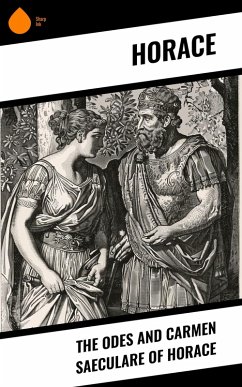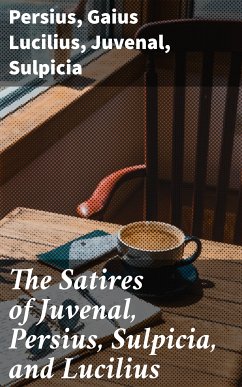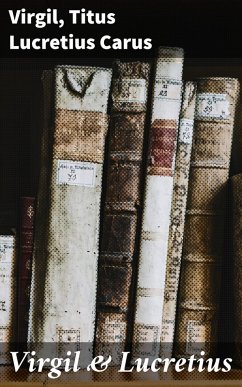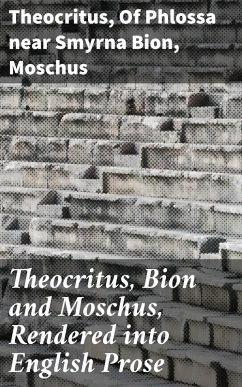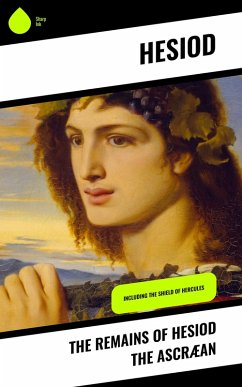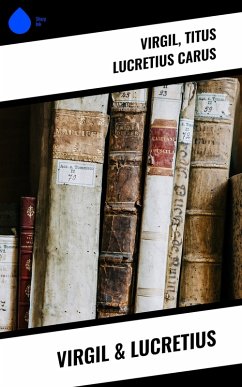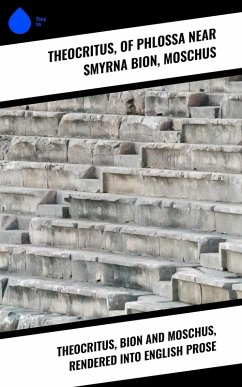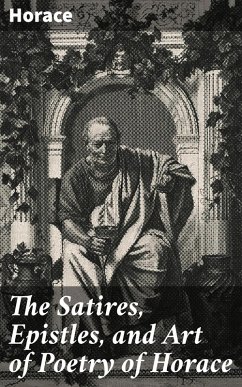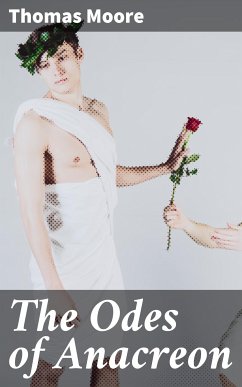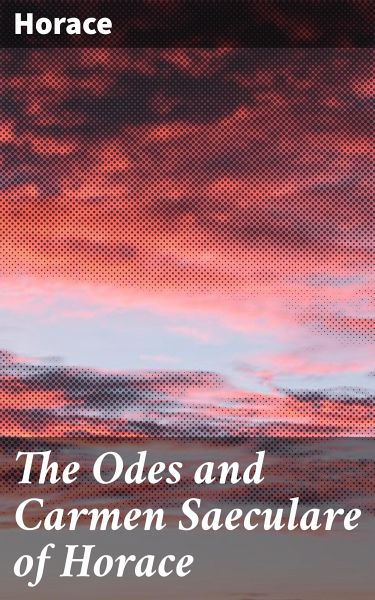
The Odes and Carmen Saeculare of Horace (eBook, ePUB)
Enriched edition. Elegant verses of love, friendship, and timeless beauty
Kommentar: Dawson, Nina / Redaktion: Good Press / Übersetzer: Conington, John
Versandkostenfrei!
Sofort per Download lieferbar
0,49 €
inkl. MwSt.
Weitere Ausgaben:

PAYBACK Punkte
0 °P sammeln!
In 'The Odes and Carmen Saeculare of Horace,' the Roman poet Horace intricately weaves themes of love, nature, politics, and the human condition into a collection that showcases his masterful command of lyrical poetry. Written during the Augustan Age, these odes reflect the sociopolitical landscape of Rome, where Horace seamlessly blends personal emotion with public duty. Employing a refined and accessible style characterized by varied meter, eloquent imagery, and philosophical depth, Horace's work transcends time, inviting readers to explore the intricacies of happiness, friendship, and morta...
In 'The Odes and Carmen Saeculare of Horace,' the Roman poet Horace intricately weaves themes of love, nature, politics, and the human condition into a collection that showcases his masterful command of lyrical poetry. Written during the Augustan Age, these odes reflect the sociopolitical landscape of Rome, where Horace seamlessly blends personal emotion with public duty. Employing a refined and accessible style characterized by varied meter, eloquent imagery, and philosophical depth, Horace's work transcends time, inviting readers to explore the intricacies of happiness, friendship, and mortality in a world both celebratory and contemplative. Horace, born in 65 BC, came from a modest background but received an education that exposed him to the rich traditions of Greek literature and philosophy. His close association with influential figures like Maecenas and Augustus shaped his perspectives and inspired his poetic voice. These experiences, punctuated by the tumult of political change, inform his pursuit of balanced living, making his observations in this collection profoundly relevant. For readers seeking a deeper understanding of classical literature and human experience, 'The Odes and Carmen Saeculare' stands as a seminal work that illuminates the beauty of poetic expression while providing insight into the enduring themes of love and resilience. This text is essential for anyone interested in the foundations of Western literary tradition. In this enriched edition, we have carefully created added value for your reading experience: - A comprehensive Introduction outlines these selected works' unifying features, themes, or stylistic evolutions. - The Author Biography highlights personal milestones and literary influences that shape the entire body of writing. - A Historical Context section situates the works in their broader era-social currents, cultural trends, and key events that underpin their creation. - A concise Synopsis (Selection) offers an accessible overview of the included texts, helping readers navigate plotlines and main ideas without revealing critical twists. - A unified Analysis examines recurring motifs and stylistic hallmarks across the collection, tying the stories together while spotlighting the different work's strengths. - Reflection questions inspire deeper contemplation of the author's overarching message, inviting readers to draw connections among different texts and relate them to modern contexts. - Lastly, our hand-picked Memorable Quotes distill pivotal lines and turning points, serving as touchstones for the collection's central themes.
Dieser Download kann aus rechtlichen Gründen nur mit Rechnungsadresse in A, B, BG, CY, CZ, D, DK, EW, E, FIN, F, GR, H, IRL, I, LT, L, LR, M, NL, PL, P, R, S, SLO, SK ausgeliefert werden.




